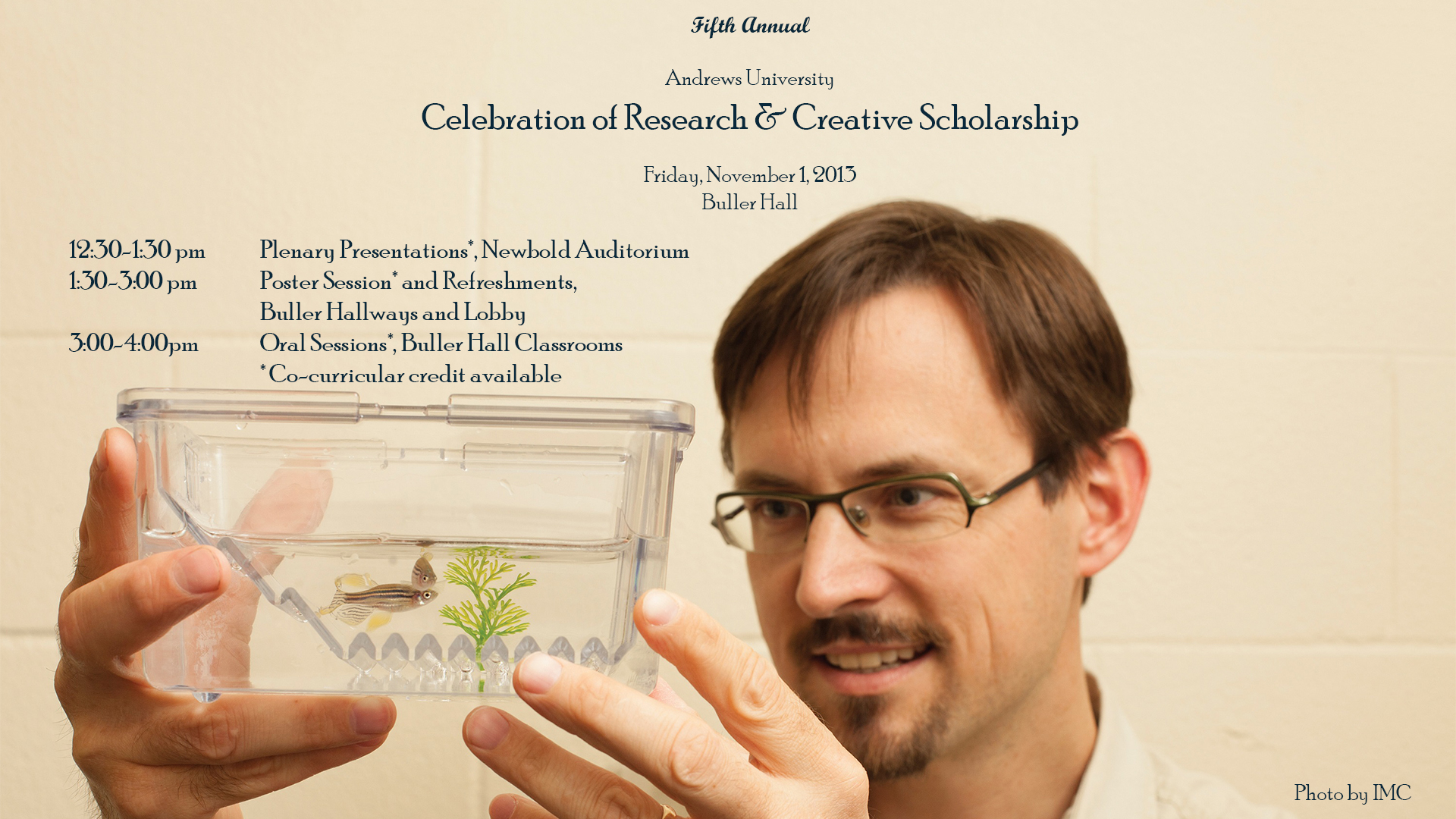D-4 Short Stories in the French Classroom: An additional way to seek knowledge, affirm faith and change the world?
Presenter Status
Department of International Language Studies
Preferred Session
Poster Session
Location
Buller Room 208
Start Date
1-11-2013 3:45 PM
End Date
1-11-2013 4:00 PM
Presentation Abstract
From the classical fables to the gospel parables, from the oldest runes to the last versions of “Chicken soup for the soul”, short stories and related genres have been in all cultures significant instruments of communication. Used to teach ethics, to convey wisdom, to transmit knowledge, to awake spiritual enlightenment, or merely to entertain, short stories of all sorts have played an important role in the history of education. In my personal experience as a professor of French, I have verified that short stories, as reading assignments and operating tools, present advantages over other educational tools. They are, in fact, especially useful in three dimension or areas that I consider essential in a holistic education; learning, enjoyment and values. (1) First of all, the use of well-chosen short stories for teaching French has clear didactic advantages over most of the texts commonly found in traditional French manuals. Short stories allow working with authentic texts, written with the real language of native speakers. They enrich the linguistic and cultural level of the students while providing high standard of quality in the target language. (2) Besides this, short stories are more attractive than other texts for their length. We can select them so that they are intriguing, playful, festive and fun. (3) And finally, they offer an absolute variety of subjects, either if they are of popular origin or if they are literary works. Dealing with real life, short stories provide stimulating material for critical thinking and discussion on culture, ethics, values and faith issues.
D-4 Short Stories in the French Classroom: An additional way to seek knowledge, affirm faith and change the world?
Buller Room 208
From the classical fables to the gospel parables, from the oldest runes to the last versions of “Chicken soup for the soul”, short stories and related genres have been in all cultures significant instruments of communication. Used to teach ethics, to convey wisdom, to transmit knowledge, to awake spiritual enlightenment, or merely to entertain, short stories of all sorts have played an important role in the history of education. In my personal experience as a professor of French, I have verified that short stories, as reading assignments and operating tools, present advantages over other educational tools. They are, in fact, especially useful in three dimension or areas that I consider essential in a holistic education; learning, enjoyment and values. (1) First of all, the use of well-chosen short stories for teaching French has clear didactic advantages over most of the texts commonly found in traditional French manuals. Short stories allow working with authentic texts, written with the real language of native speakers. They enrich the linguistic and cultural level of the students while providing high standard of quality in the target language. (2) Besides this, short stories are more attractive than other texts for their length. We can select them so that they are intriguing, playful, festive and fun. (3) And finally, they offer an absolute variety of subjects, either if they are of popular origin or if they are literary works. Dealing with real life, short stories provide stimulating material for critical thinking and discussion on culture, ethics, values and faith issues.



